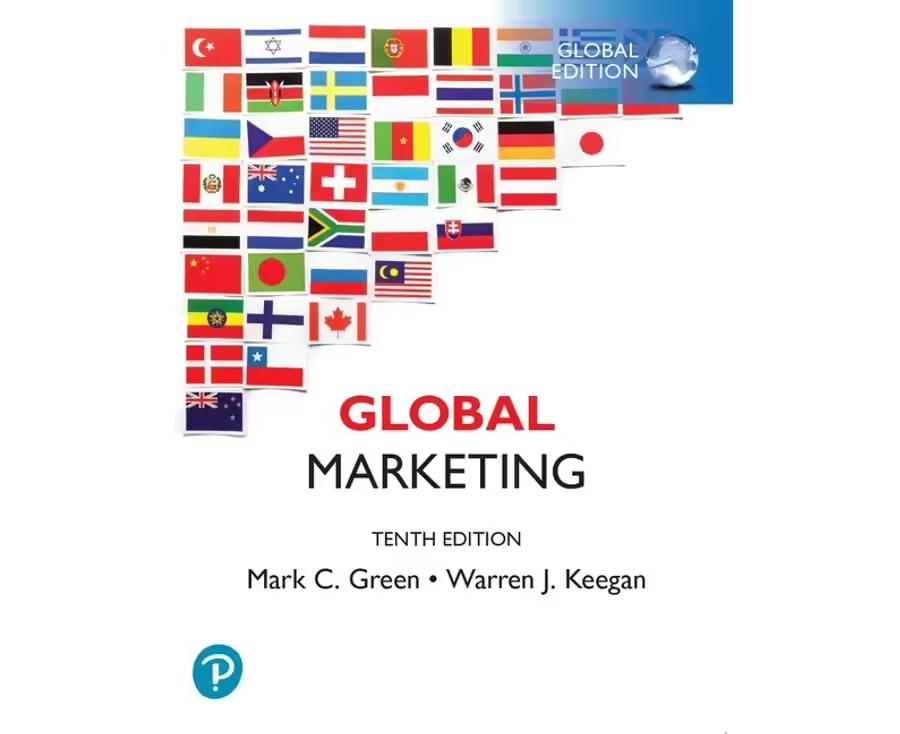Over the last few years, the automotive sector has become Turkeys leading source of exports, accounting for
Question:
Over the last few years, the automotive sector has become Turkey’s leading source of exports, accounting for $31 billion, or 15 percent, of Turkey’s total export revenue. Over the last decade, the market has been dominated by four main producers, representing 85 percent of the production: Ford Otosan, Oyak-Renault, and Tofas-Fiat, which are partnerships between Turkish and foreign car makers, and Toyota, which is wholly owned by Japan. In 2017, Turkey was estimated to be the 14th largest producer worldwide, having earned that rank by exporting 83.3 percent of its total production. Foreign direct investment has been the main means of entry into the sector. Between 2000 and 2017, original equipment manufacturers invested $14 billion in Turkey.
Turkey became the fifth largest producer in Europe by the end of 2017. However, there is yet to be an automotive brand completely owned by a Turkish company. While Turkey aims to produce and develop a local brand by 2023, sourcing all the components and technologies from within the country is highly unlikely despite the availability of technological infrastructure (research and development centers and high-level universities) and accumulation of skills owing to a globalized economy and the role of automotive imports. It should be noted, however, that there are no brands in this sector with absolute local sourcing within the country of production. As such, it may not be a drawback for Turkey to not have its own car brand; it has instead been opting to encourage further cooperation with major global manufacturers, with particular focus on electric batteries and design development, and to develop a brand that imports some of the required components. Automobile ownership per capita over the last decade has increased considerably in Turkey, with a current level of 142 cars per 1,000 people compared to ownership in France and Germany, where there were approximately 479 and 555 cars per 1,000 people, respectively, in 2017.
Turkey became the fifth largest producer in Europe by the end of 2017. However, there is yet to be an automotive brand completely owned by a Turkish company. While Turkey aims to produce and develop a local brand by 2023, sourcing all the components and technologies from within the country is highly unlikely despite the availability of technological infrastructure (research and development centers and high-level universities) and accumulation of skills owing to a globalized economy and the role of automotive imports. It should be noted, however, that there are no brands in this sector with absolute local sourcing within the country of production. As such, it may not be a drawback for Turkey to not have its own car brand; it has instead been opting to encourage further cooperation with major global manufacturers, with particular focus on electric batteries and design development, and to develop a brand that imports some of the required components. Automobile ownership per capita over the last decade has increased considerably in Turkey, with a current level of 142 cars per 1,000 people compared to ownership in France and Germany, where there were approximately 479 and 555 cars per 1,000 people, respectively, in 2017.
Questions
1. Based on the complexities and challenges discussed in the case, what industry knowledge and skills are required to be successful as an export coordinator, especially in the automotive sector?
2. What do you think is the hardest type of macro-environmental factor to obtain? How can you keep it up to date?
3. If you were working in the automotive industry in Turkey, what would your next move be?
Fantastic news! We've Found the answer you've been seeking!
Step by Step Answer:
Related Book For 

Question Posted:





